
Fortune News | Feb 22,2019
Hussein Ibrahim, 43 years old and father of three, had been in a salt distribution business for a decade and a half that brings the mineral from Afdera, an area in Afar Regional State known for its salt resources.
Four years ago he switched to mining coal after founding KHS Coal Products Extraction & Production Plc, where he currently works as a general manager.
A decade ago, he attempted to be one of the founding shareholders of ZemZem Bank, buying 100,000 Br worth of shares and paying half of the value.
However, his attempt did not bear fruit, since the formation of ZemZem Bank was aborted following a directive from the National Bank of Ethiopia banning the establishment of full-fledged interest-free banking.
His dream of investing in the banking industry was renewed recently after Prime Minister Abiy Ahmed (PhD) signaled the government's commitment to allow the formation of full - service IFB banks.
“I decided to buy the shares when Prime Minister Abiy expressed his administration’s commitment to allow the formation of Islamic banking during the Iftar programme hosted at Millennium Hall,” said Hussein.
Following this initiative from the Prime Minister, no less than 10 groups have started the process of forming banks that will exclusively give interest-free banking service.
Since then, five companies have passed the pre-application stage and received permission from the central bank to form IFBs and start selling shares.
While Zad, Rammis, Zemzem, Hijra and Nejashi are in the process of formation, two others, Kush and Huda, have just initiated the process to organise interest-free banks.
Following this opportunity, Hussein subscribed for 10 million Br worth of shares from the under-formation Zad Bank on July 27, 2019, the same day the bank started selling shares.
Hijra Bank S.C. officially announced that it has started selling shares at the Golf Club in Addis Abeba. Hijira Bank S.C. is the fifth Interest-Free Banking share company that has been given the go-ahead to sell shares from the regulator, the National Bank of Ethiopia.
Zad Bank, which started the formation process four months ago by five promoters with the motto "Halal Banking for a successful life," got the green light to start formation from NBE on July 12, 2019, and plans to go fully operational within five months and hire 400 employees.
After enclosing documents containing information on the proposed bank, how many shares it plans to sell, a risk assessment, promoter’s profile, the bank’s future plan and the founder’s general information accompanied by a letter to NBE requesting to open blocked current accounts, NBE issued a letter allowing Zad to open blocked current accounts from which shares are sold.
To establish a bank, an initial paid-up capital of half a billion Birr from the subscribed capital of one billion Birr, which is one million shares each valued at 1,000 Br, is mandated by NBE.
Zad opened current blocked accounts at seven banks - Commercial Bank of Ethiopia, Awash, Nib, Wegagen, Oromia International, Abyssinia and Dashen.
The minimum shares shareholders can buy from Zad is 50 shares amounting to 50,000 Br, and the maximum share of ownership is in line with the National Bank's regulation, i.e. five percent, which is 50 million Br.
The Bank received the green light to start selling shares from National Bank of Ethiopia on July 12, 2019 and plans to go fully operational within five months.
He paid for 40pc of the shares with a five percent non-refundable payment, and he plans to finalise the full amount in the next week.
To become a shareholder of a bank, a non-refundable five percent of the subscribed shares should be paid, according to the National Bank of Ethiopia.
Half of the value of the total proposed shares for purchase with the five percent payment should be paid immediately, while the balance should be settled within 18 months after the formation of the bank.
Hussein, who has been working with three commercial banks, has never taken a loan for investment from these banks, since Islam forbids him to take and pay interest.
Munir Husein, project manager and founding member of Zad Bank press briefing at Hayat Regency hotel on July 25, 2019, which is one of under formation bank.
Zad intends to provide national and international banking services, Kafala [bank guarantee], foreign currency exchange, E-banking, diaspora accounts, capital financing, leasing and other services and will be governed under Sharia law, according to Munir Husein, project manager and founding member of Zad.
"We plan to reach out to the huge number of the un-banked population," Munir said.
In Ethiopia, the percentage of adults with bank accounts has increased from 22pc in 2014 to 35pc in 2017, according to the World Bank's Global Index database. In Kenya, by contrast, 82pc of adults had bank accounts in 2017.
"The banking sector in Ethiopia is highly profitable with a good return on investment," Munir added.
The banking industry saw a 23.6pc spike in deposit mobilisation in the last fiscal year and disbursement of 115.4 billion Br in new loans, which is a 5.9pc growth from the preceding year. There are 18 banks with 2,357 branches and 35 micro-finance institutions in the country.
Enat Bank was the last to join the banking industry in 2012 and commenced operations with a paid-up capital of 123.6 million Br. Two years ago, there was another bank that was in the process of formation, Dallol Bank, which appears to be stuck for different reasons.
But the recent reforms, including allowing full-fledged IFB banks and investment from the diaspora community in the financial industry, is attracting many businesses people to jump into the sector.
Promoters of Hijra Bank S.C, which started formation eight months ago, are among those that are attracted by the reforms. Started by eight founders, the number of shareholders has now reached 38.
Hijra, which also aims to support farmers in remote areas by investing in the agricultural sector, officially started selling shares on July 22, 2019, and sales of shares will last for three months from that date.
The bank expects to be fully operational within one year and to hire 500 employees. The maximum number of shares Hijra can sell is 20,000 shares for 20 million Br, and the minimum is 30 shares for 30,000 Br.
The bank plans to pay its shareholders 15pc of net profits after three years of being operational, according to Ahbabu Abdella, chairperson of the under formation bank's board of directors.
Along with the five Islamic banks, three more conventional banks are in the formation process, according to data from the central bank. Addis Credit & Saving Institution S.C, one of the 36 microfinance institutions, will also start the process of changing its status to a bank next year.
Goh Betoch Mortgage Bank, Gadaa and Amhara banks are the three conventional banks that started selling shares after getting a green light from the central bank.
Goh Betoch Mortgage Bank S.C, which is the first private mortgage bank, was initiated by nine members.
The bank plans to provide loans to construct, repair, improve and purchase residential houses, according to Getahun Nana, the chairperson of the under formation bank and s former vice governor of the NBE and former president of Development Bank of Ethiopia.
"Currently, existing banks have given out only four percent of their total loans to housing projects," said Getahun.
Goh started selling shares on March 8, 2019, and sales are expected to last until March 2020. Shares are sold through CBE, Awash, Nib, Wegagen, United and Abyssinia banks.
“This is a bank for all, and it is not just a commercial bank, it understands that housing is one of the basic necessities of mankind and the bank works toward providing basic standard houses to every citizen,” Getahun said.
The under formation banks such as mortgage and Islamic banks have emerged with a specialised and new product, according to Habib Mohammed, an independent consultant in the financial industry.
"The banks under formation will play a major role in expanding banking services to un-banked and remote society," Habib said. "The existing banks should create new marketing strategies to compete with the new banks."
"NBE can raise policy issues regarding mergers after all un-banked society gets banking services," Habib suggests.
PUBLISHED ON
Aug 10,2019 [ VOL
20 , NO
1006]

Fortune News | Feb 22,2019
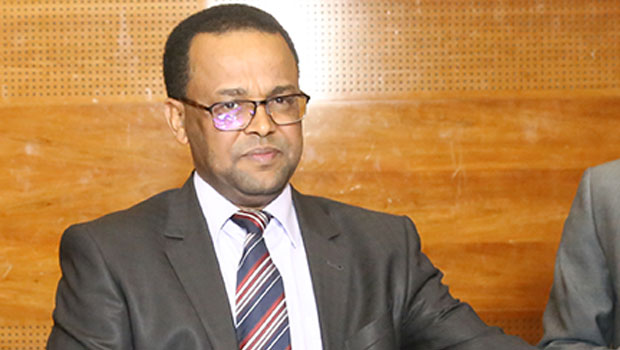
Fortune News | Jun 18,2022
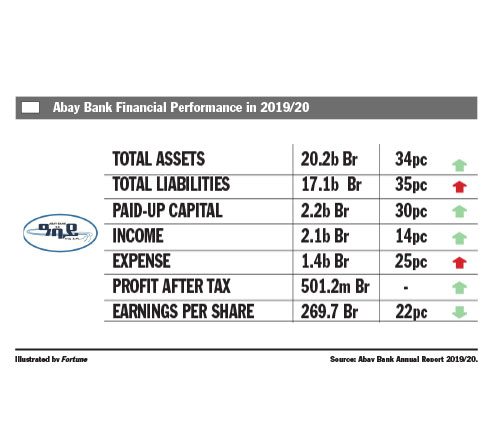
Fortune News | Apr 10,2021
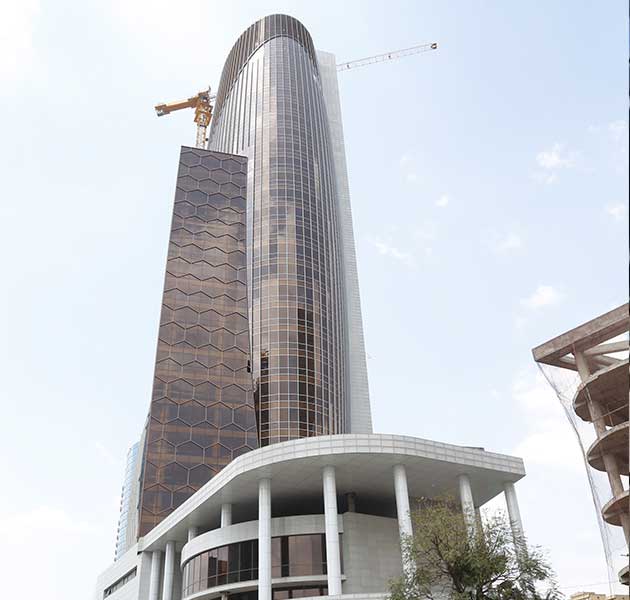
Fortune News | Oct 24,2020

Delicate Number | Apr 13, 2025
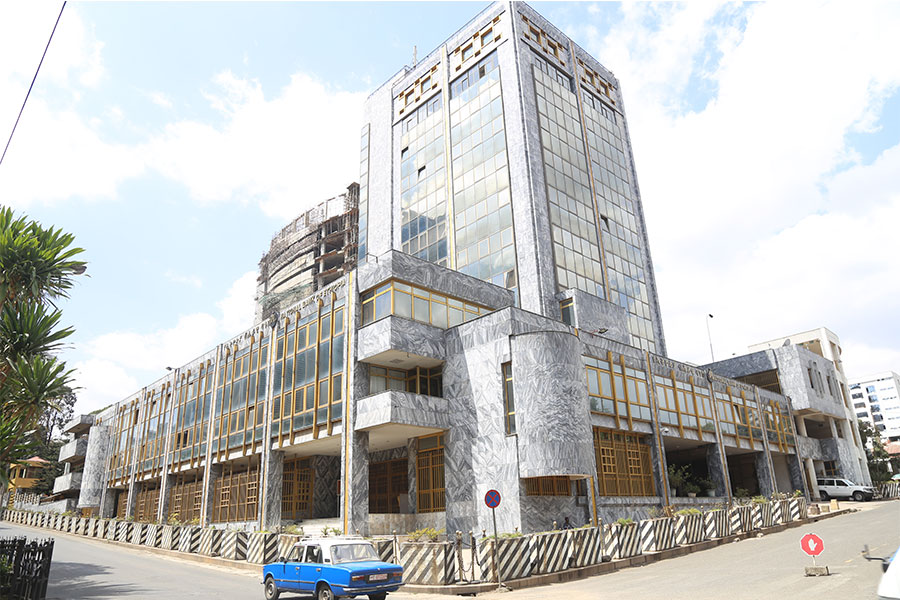
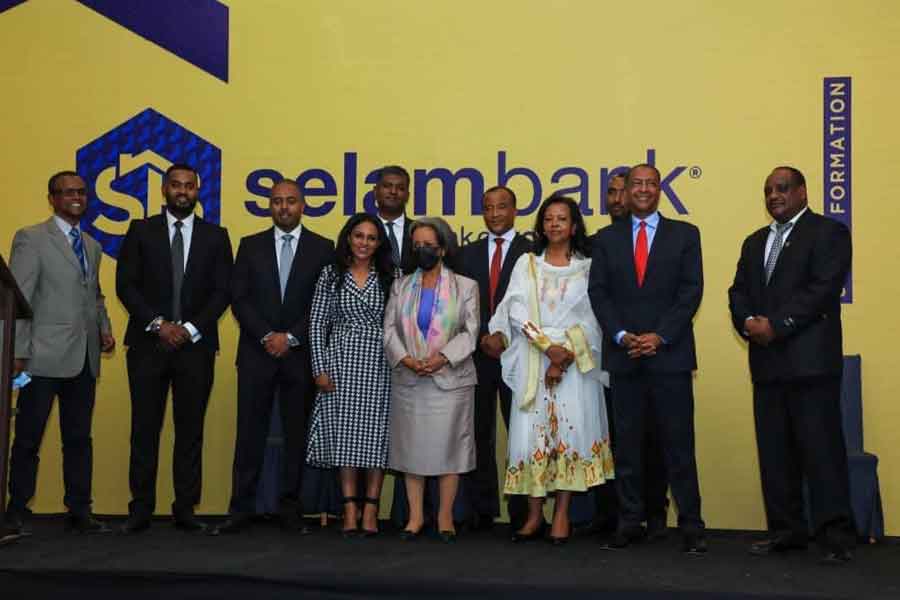
Fortune News | May 29,2021

Radar | Aug 21,2021
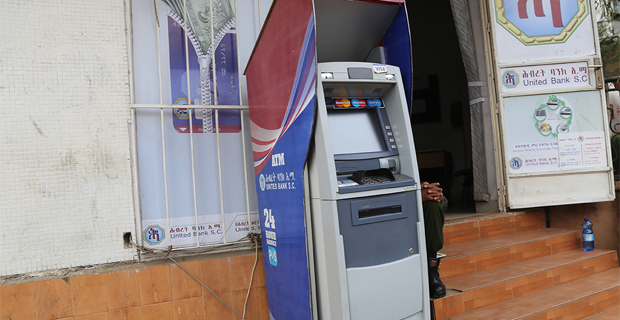
Fortune News | Apr 13,2020
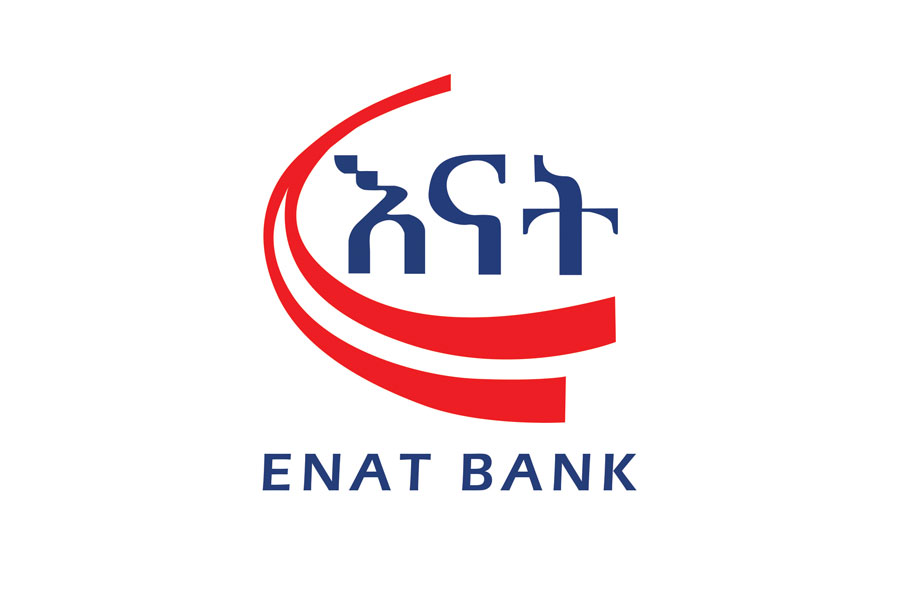
Fortune News | May 14,2022

Dec 22 , 2024 . By TIZITA SHEWAFERAW
Charged with transforming colossal state-owned enterprises into modern and competitiv...

Aug 18 , 2024 . By AKSAH ITALO
Although predictable Yonas Zerihun's job in the ride-hailing service is not immune to...

Jul 28 , 2024 . By TIZITA SHEWAFERAW
Unhabitual, perhaps too many, Samuel Gebreyohannes, 38, used to occasionally enjoy a couple of beers at breakfast. However, he recently swit...

Jul 13 , 2024 . By AKSAH ITALO
Investors who rely on tractors, trucks, and field vehicles for commuting, transporting commodities, and f...

Jul 5 , 2025
Six years ago, Ethiopia was the darling of international liberal commentators. A year...

Jun 28 , 2025
Meseret Damtie, the assertive auditor general, has never been shy about naming names...

Jun 21 , 2025
A well-worn adage says, “Budget is not destiny, but it is direction.” Examining t...

Jun 14 , 2025
Yet again, the Horn of Africa is bracing for trouble. A region already frayed by wars...